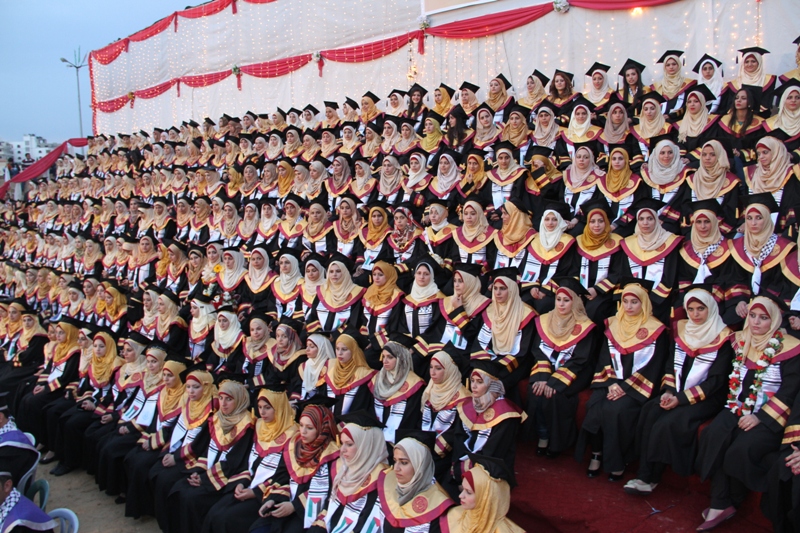
Mona Jebril to set up social enterprise to help unemployed Palestinians.
"The aim of the agency is to empower people by giving them the skills to negotiate the international marketplace and allowing them to use the skills they have gained from higher education rather than letting them go to waste."
Mona Jebril
A Gates Cambridge Scholar is taking part in a business incubation session this week to support her plan to set up a remote working agency in Gaza.
Mona Jebril [2012] is taking part in Ignite this week – an intensive, one-week training programme for aspiring entrepreneurs which is run by the Judge Business School at the University of Cambridge. She is one of the few social scientists taking part.
Mona's project builds on her experience working in education in Gaza for 14 years as well as her experience at both Oxford and Cambridge, where she is currently doing a PhD in Education.
She says: "When I went to Oxford to do my master's I was so motivated to learn about education theories. However, when I returned to Gaza after graduation I felt frustrated. It was difficult to find ways to apply the theories I had learnt in a context of instability and occupation. I couldn't go to conferences or do any professional development. I experienced being stuck and not being able to reach out to the outside world. I realised when I came to Cambridge that I did not want to repeat that mistake and focus solely on education. I needed to adopt a more dynamic approach."
She wanted to find something that would be both theoretical and practical and would help to improve the situation in Gaza for many of the young people she had been teaching. The theory was important because she said she needed to understand and analyse what practical measures would work. She looked for inter-disciplinary solutions and was particularly interested in the role of enterprise. Initially she considered consultancy work, but then in a conversation at Judge Business School about Gaza she was asked about unemployment. That set her thinking about possible ways of addressing Gaza's unemployment problem. According to the World Bank, unemployment in Gaza is the highest in the world, running at 43%, with around 60% of young people having no job.
She came up with the idea for a remote employment agency, given the lack of jobs in Gaza and the difficulty of travelling for work. She says it will work as a social enterprise, offering training, support, a research network and short-term online contracts for a maximum of two years to encourage and empower people to find longer-term solutions. The Ignite programme will provide tailored support from her project, including assistance with devising a business plan and funding. Mona has received financial support to take part from the Gates Cambridge Trust.
She says: "The aim of the agency is to empower people by giving them the skills to negotiate the international marketplace and allowing them to use the skills they have gained from higher education rather than letting them go to waste," she says. "This is important for their psychological well being too. For me it's about more than just giving them a job. It's about giving hope."
*Picture credit: Al-Azhar University












